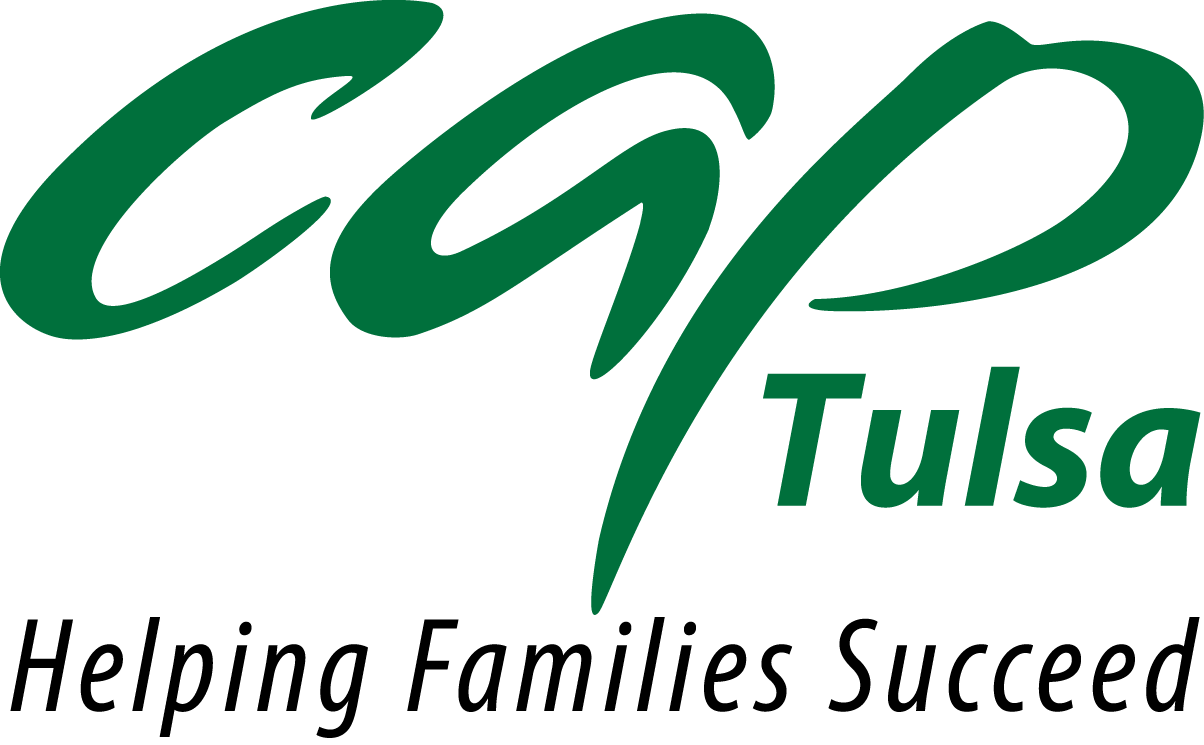As I mentioned last week, I am currently looking at approaches to serve the underbanked. Part of this research is looking at the services that are currently available to individuals without bank accounts. Many turn to alternative financial services, which is an umbrella term for payday lenders, check cashers, pawn shops, and other similar businesses. These businesses provide essential financial services like bill pay, money orders, check cashing, short-term loans, money transfers, and remittances, to individuals who cannot access these services through banks or credit unions. While these services are essential to the underbanked, they can also be very costly. In some cases the APR on a payday loan can reach 400%! In addition to the high cost, alternative financial services do not provide the same financial stability as traditional financial service providers. In other words, they do not move individuals toward long-term asset and wealth building that is necessary to break the cycle of poverty.
While researching the alternative financial service landscape, I started to wonder how we got to this point. How did alternative financial services become a $33 billion per year business? Gary Rivlin’s new book Broke, USA: From Pawnshops to Poverty, Inc. – How the Working Poor Became Big Business provides an interesting look at the rise of these alternative financial services over the last two decades. Rivlin, a journalist, uses the stories of both consumers and providers to explain how the industry became what it is today. Other than the personal stories, the one thing that really made me think was the enormous size of the industry. It wasn’t just the $33 billion per year; it was the physical size too. At one point there were more payday lenders in the US than McDonald’s and Burger King stores combined. That is mind-blowing to me! To hear an interview with the author click here.
Blogosphere, what are your thoughts on alternative financial services and the underbanked?
Read Full Post »
 The need to connect consumers with financial resources is clearly there, as Americans continue to face challenges saving money and paying bills even as the country continues a slow economic recovery. In February, Stephen Brobeck, Executive Director of the Consumer Federation of America, discussed the results of the America Saves’ annual survey saying,
The need to connect consumers with financial resources is clearly there, as Americans continue to face challenges saving money and paying bills even as the country continues a slow economic recovery. In February, Stephen Brobeck, Executive Director of the Consumer Federation of America, discussed the results of the America Saves’ annual survey saying,
 among the states in Early Childhood Education participation, an especially relevant figure since CAP Tulsa is an early childhood program provider. The state can also boast of a low unemployment rate, the fifth best in the country. However, the high marks do not carry over to other areas of the Scorecard.
among the states in Early Childhood Education participation, an especially relevant figure since CAP Tulsa is an early childhood program provider. The state can also boast of a low unemployment rate, the fifth best in the country. However, the high marks do not carry over to other areas of the Scorecard.


 Based on this and other research, a small segment of the credit industry took action.
Based on this and other research, a small segment of the credit industry took action. 

